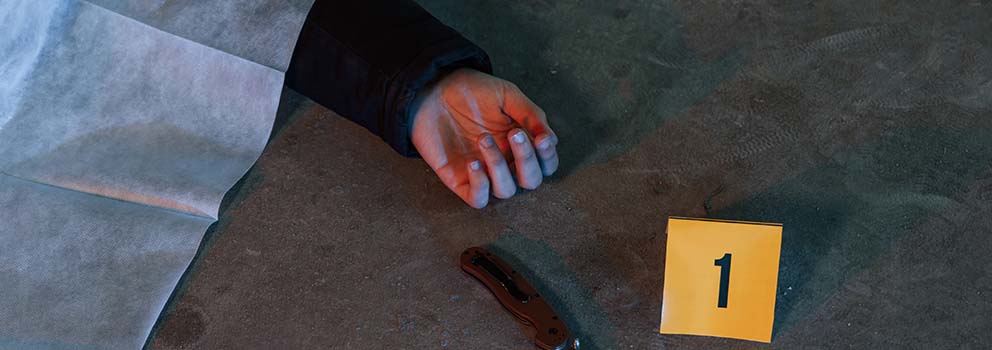
Few charges are as serious as manslaughter.
If you’ve been accused of causing another person’s death, your future is on the line. A conviction can mean years in prison, the loss of your rights, and a criminal record that follows you for life. But being charged doesn’t mean you’re guilty. Chambers Law fights to protect your freedom.
Call 843-449-0420 today for a free consultation.

Understanding Manslaughter Charges in South Carolina
South Carolina law recognizes two types of manslaughter:
- Voluntary Manslaughter—A killing that occurs in the heat of passion due to provocation
- Involuntary Manslaughter—A death resulting from reckless or negligent actions
Unlike murder, manslaughter does not require “malice,” meaning the state does not have to prove that the killing was intentional or premeditated. However, both forms of manslaughter carry serious penalties and require a strong defense.
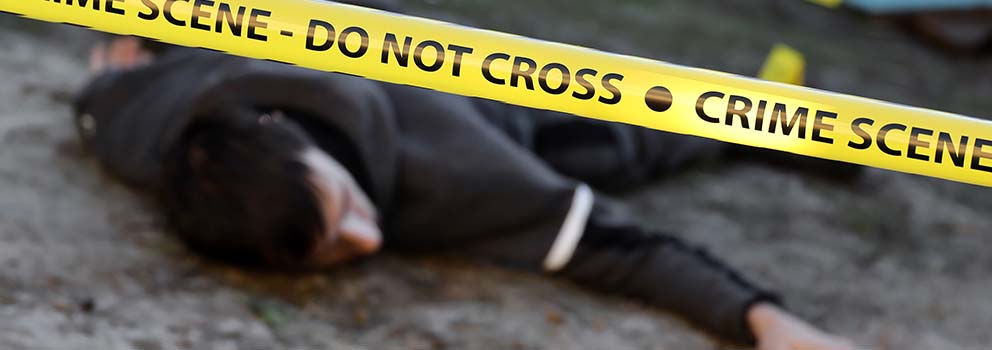
What is Voluntary Manslaughter?
Voluntary manslaughter occurs when someone kills another person in the heat of passion after being provoked. It differs from murder because the defendant’s emotions and the circumstances prevented them from acting with full intent.
South Carolina Code § 16-3-50 defines voluntary manslaughter as:
- The unlawful killing of another person
- Without malice (meaning it was not premeditated)
- Caused by an overwhelming emotional reaction to provocation
The penalty for voluntary manslaughter is 2 to 30 years in prison. The definition of “heat of passion” and “legal provocation” can be challenged in court, and our defense team knows how to argue these key points to reduce or dismiss charges.
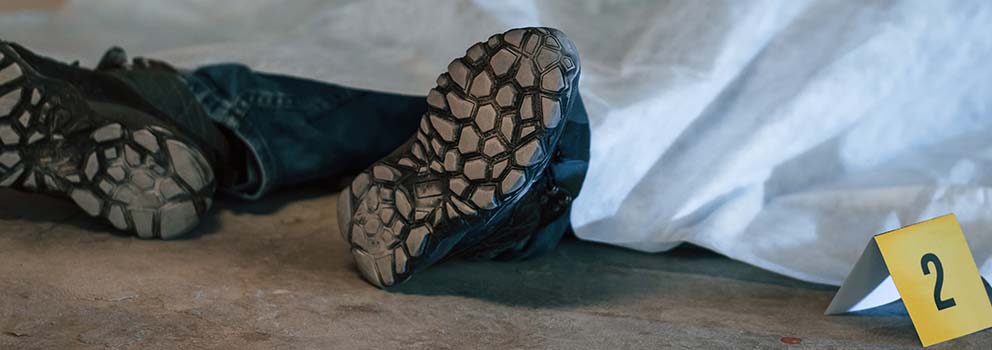
What is Involuntary Manslaughter?
Involuntary manslaughter is a charge that applies when someone unintentionally causes another person’s death due to reckless actions.
South Carolina Code § 16-3-60 defines involuntary manslaughter as:
- A death caused by criminal negligence
- Reckless disregard for human life
- Not involving intentional harm
Examples of involuntary manslaughter include:
- Reckless driving that leads to a fatal accident
- Handling a firearm carelessly and causing a fatal injury
- Engaging in dangerous behavior without realizing the consequences
The penalty for involuntary manslaughter is up to 5 years in prison. However, proving criminal negligence can be difficult, and we aggressively challenge the prosecution’s claims.
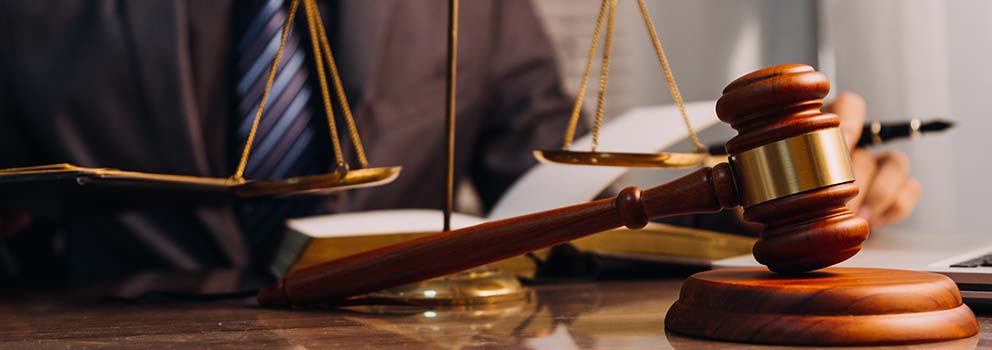
How We Defend Manslaughter Cases
A strong defense can mean the difference between freedom and years behind bars. At Chambers Law, we build strategic defenses, such as:
- Self-defense: Did you act to protect yourself or someone else?
- Accidental death: Was the incident truly a crime, or was it an unfortunate accident?
- Lack of intent: If no criminal negligence is proven, charges may be reduced or dismissed.
- Weak evidence: Is the state relying on unreliable witnesses or assumptions?
We thoroughly investigate your case, challenge the prosecution’s evidence, and fight for the best possible outcome.
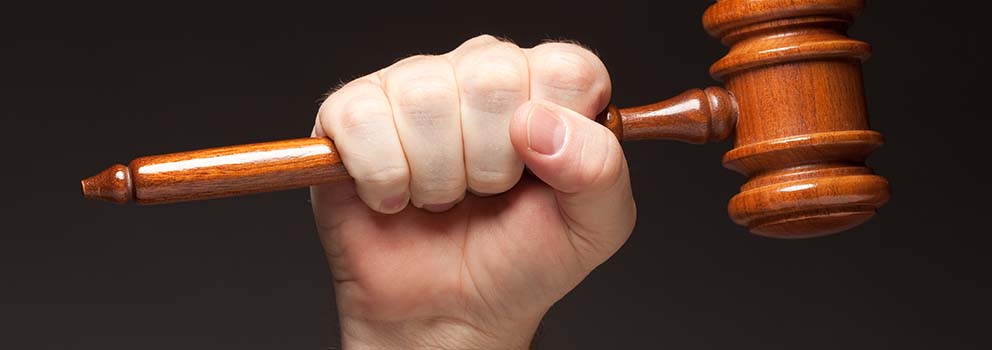
Why You Should Fight a Manslaughter Charge
A manslaughter charge can change your life—but that doesn’t mean you should plead guilty. These cases often involve complex facts, questionable intent, or self-defense. Prosecutors may overcharge or rely on weak evidence. Fighting the charge gives you a chance to protect your freedom, avoid a felony record, and tell your side of the story. With the right defense, reduced charges—or even dismissal—are possible.

